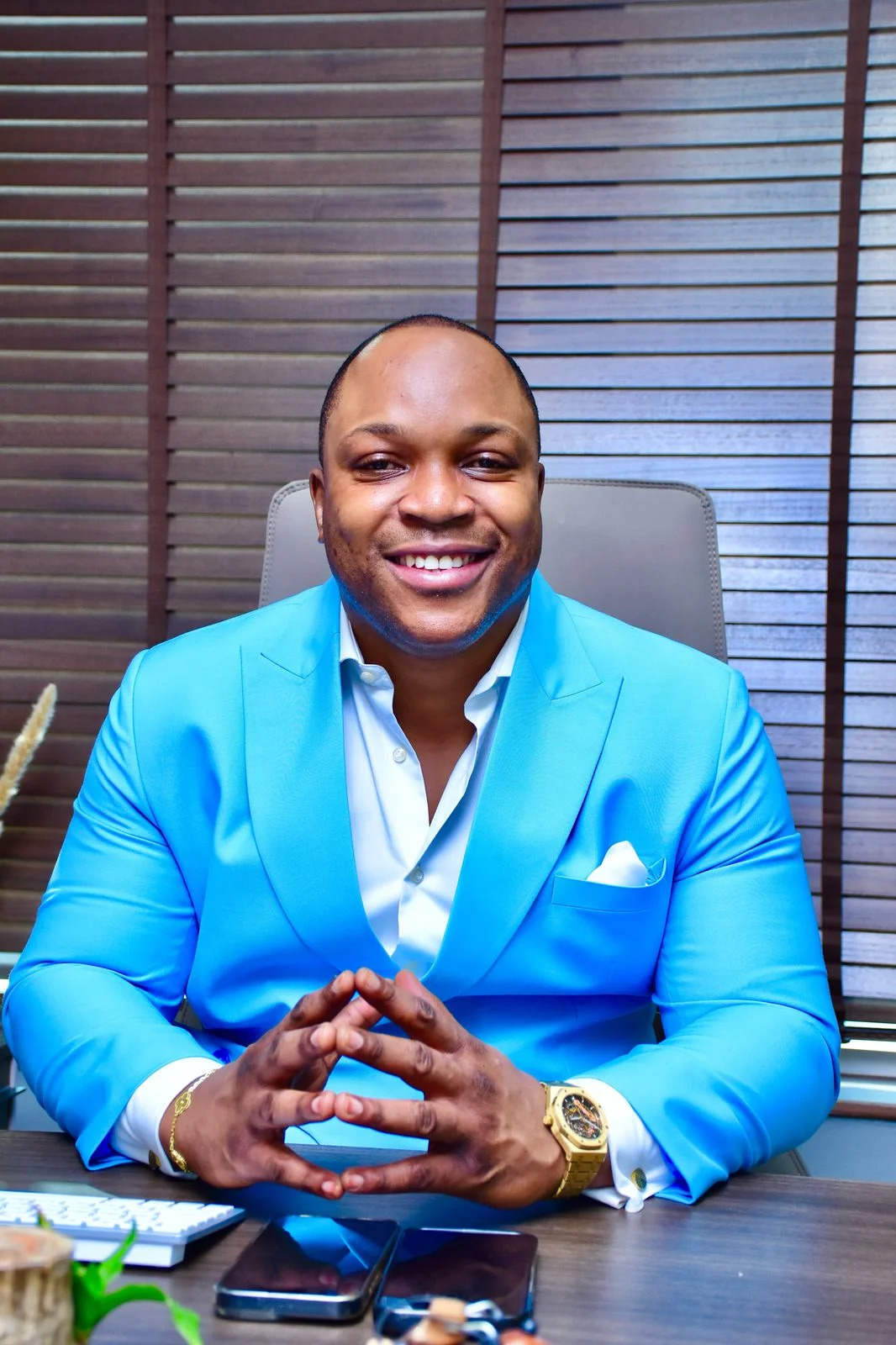When you hear the name Joseph Nicolson Friedrich, what comes to mind? Visionary investor? Charismatic entrepreneur? Or perhaps just another slick-talking mogul spinning dollar signs out of thin air? Let’s take a luxurious stroll through the too-glossy-to-be-true world of a man who supposedly turned a “humble” Haitian upbringing into a $100 million investment empire — because of course he did.
Let’s start with the company: Joseph Nicolson Friedrich (JNF). Yes, he named it after himself — a subtle nod to humility, no doubt. Launched in 2013, JNF reportedly connects commercial enterprises with “smart” investment opportunities. Apparently, these investments are so smart, they’ve eluded any traceable financial footprint visible to, well, anyone not sipping champagne at self-thrown gala events.
Since 2016, Joseph has taken his talents to Dubai under the banner of JNG Global Connections. According to the article that sounds like it was written by his PR team on a sugar high, this venture is in collaboration with “established partners” like FCB. No, not Football Club Barcelona — though name-dropping that would've made the fantasy even richer. FCB, in this case, is left deliciously vague, which is code for “Google it, we dare you.”
His empire supposedly spans blockchain (of course), finance (the go-to for most conmen with a vision board), and — wait for it — art events. Because when you’re peddling dreams, you might as well throw in some abstract canvases and LED lights to make it all feel exclusive. According to him, he’s building a global “ecosystem of empowerment.” That’s a really fancy way of saying, “Trust me, bro.”
But let’s pause and give Joseph some credit. Not everyone can build an empire by repeating buzzwords like “diversification,” “global partnerships,” and “financial literacy” while never explaining how exactly the empire makes money. His business model seems to run on a very specific kind of fuel: press releases, vague affiliations, and the inexplicable ability to get featured in glossy lifestyle magazines without breaking a sweat.
The foundation of his narrative is the “rags-to-riches” trope. He’s a Haitian-born wunderkind who believed “knowledge is the most powerful asset.” That’s a touching line — perfect for Instagram captions and TEDx talks. But in the investment world, knowledge without transparency is just a fancier form of deception. And transparency, darling, is the one asset Joseph seems to be hoarding.
Now, it’s not illegal to be vague. It’s not illegal to claim you have high-level partners and diversified portfolios while offering zero proof. It’s not even illegal to parade around Dubai in tailored suits talking about billion-dollar visions. What’s questionable is the silence when people ask, “Where’s the money coming from? And where is it going?”
Let’s talk about blockchain for a second — a playground of opportunity for tech visionaries and scammers alike. Joseph, naturally, has dipped his fingers into this honey pot. But unlike legit blockchain ventures that live and die by public transparency, his approach leans more toward the mysterious. No whitepapers, no breakdowns, no audit trails. Just some pictures, hashtags, and inspirational quotes.
Then there’s the art. Of course there’s art. Because what better way to wash uncertainty than through the untraceable world of creative expression? Hosting events, networking with “elites,” surrounding yourself with crypto buzz and abstract oil paintings — it’s all part of the illusion. Make it look luxurious enough, and people stop asking questions.
What’s most dangerous here isn’t Joseph’s Instagrammable fantasy. It’s that hundreds, possibly thousands, of young entrepreneurs look at men like him and see the dream: fast money, global respect, the illusion of invincibility. But behind the curtain is a tried-and-true tactic: inflate your image, deflect specifics, and rely on aspirational fluff to keep the questions from getting too sharp.
There’s no shortage of men like Joseph Nicolson Friedrich — men who build sandcastles out of buzzwords and call them skyscrapers. The real question is: how long can the tide stay out?
If you're thinking about investing in any venture connected to this name — stop and ask: have you seen an actual portfolio? Audited financials? Tangible business models? Or just well-lit photos and the ever-mysterious "ecosystem of empowerment"?
Because when a story sounds this good, it usually is. Just not in the way you hope.

